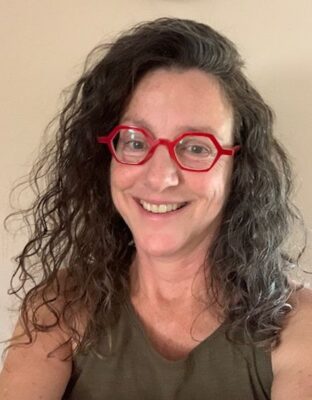 Today as I was preparing to go for my almost daily bicycle ride, I stopped to glance over at one of our two rose bushes. They are planted in a small strip of ground between our living room window and the fence, and in previous years they have not been doing so well. Poor weather is usually the culprit here in the British Isles, but forgetting the rose food is also another factor. However, during the past 3-4 weeks, they have not only been producing a prodigious number of blooms, but they’ve grown over 6 feet in height!
Today as I was preparing to go for my almost daily bicycle ride, I stopped to glance over at one of our two rose bushes. They are planted in a small strip of ground between our living room window and the fence, and in previous years they have not been doing so well. Poor weather is usually the culprit here in the British Isles, but forgetting the rose food is also another factor. However, during the past 3-4 weeks, they have not only been producing a prodigious number of blooms, but they’ve grown over 6 feet in height!
As I gazed upon the unique orange blossoms, I thought that how easy it is to become inured to the beauty that is so close by somewhere. For a moment in time, all my personal thoughts faded into the background, and so did all the world’s tumultuous activity. Here it was just my consciousness taking in the beauty in front of me, and I became lost in a serenity that there are no words for.
Seems we take so much for granted these days, and most of us are so preoccupied that we just don’t really take in what is right at hand in our lives. It is one thing to look; it is quite another thing to actually see what it is we’re looking at. A mere thought about the to-do list, or a worry or three, and we are turning away from the miracle in front of us and exchanging it for another task, another obligation, and another round of problem solving. If you are an entrepreneur, most likely you live that experience 24/7, and barely come up for air. Marketing, tech hassles, virtual staff issues, grumpy clients…where does it end? When does the good life begin?
It can begin when we choose to slow down enough to take stock of ourselves, check and see if we’re occupying our body instead of hovering near it, and exercise our sovereignty diligently so we honor our own feelings and space to be as we are. Yes, I know…there are obligations aplenty. Working for a paycheck with a family to support during the upheavals of the past 17 months has been a grab bag of stress. Or perhaps you or someone you know has a health condition, or a psychological one. None of this we are experiencing is easy, and we can be so focused on survival mode that we overlook so much that there is to appreciate.
I have a very good book about spiritual seeking called “Doing Nothing” by Steven Harrison. Its focus is on the modern quest for enlightenment and peace, but many of his perspectives could easily be applied to more mundane matters. The other book which I have not read, but recently ordered, is entitled “How to be Idle” by Tom Hodgkinson. The Puritan work ethic, or the work ethic imposed by a jealous God in the Old Testament (“…by the sweat of thy brow shall you earn your bread…”) set the human race on a high-stress path of exertion with a future promise of reward and comfort. The entire dogma of the Abrahamic religions is centered on a perfect hereafter, if we are all good boys and girls, that is.
What is discouraged more today then ever before is that to be idle, or decide to withdraw from the Rat Race, is to be a reactionary. Someone who is anti-societal, and not to be trusted. In China it’s becoming a “thing” and they call it “lying flat”.
At this New Moon in Cancer take an inventory about your own life. Where do you over-commit? Where do you over-give? How do you cope with low-grade anxiety or moments of high stress? Are you happy and peaceful, or anxious and fearful? Are you in your body, and loving your body, or not?
Here’s something to ponder: when there’s a lot of cortisol pumping through our bodies we are incapable of rational decision making. The cost for this is multidimensional too, and as Dr. Gabor Maté states, trauma or living with trauma is the single biggest cause for disease…period!
Your physical and psychic boundaries are yours to employ and maintain. No one else will do it for you. We are empowered, we are capable, and it is not selfish to be concerned with one’s own harmony and wellbeing. Slow down, breathe and look around. What do you see? There’s beauty within and without to appreciate. Remember it often.
About the Author
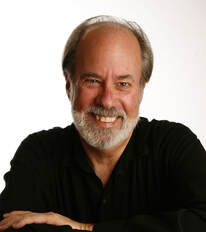
Isaac George is an internationally recognized intuitive mentor/coach, evolutionary astrologer, conscious channel, self-published author and musician. After a life-altering spontaneous kundalini awakening in 1994 he explored various healing modalities, including hypnotherapy and Reiki. In 1998 he began spontaneously channeling Archangel Ariel and other dimensional intelligences.
Originally from the United States, Isaac currently resides in the UK and offers Spiritual Mentoring sessions and programs and Evolutionary Astrology consultations.


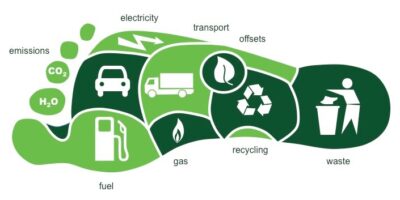
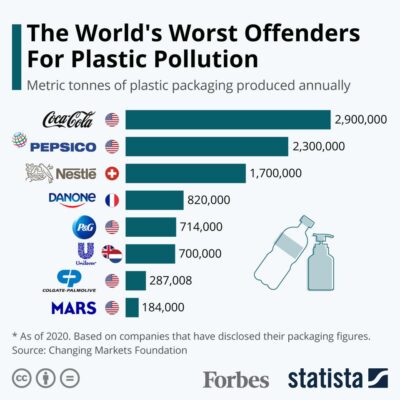
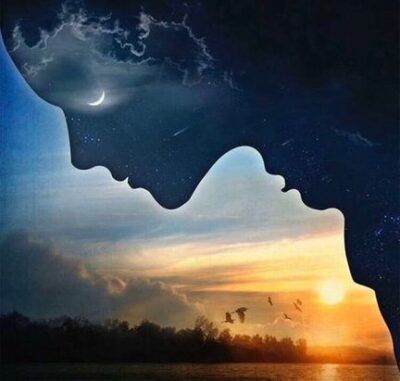 I was talking with a new copywriting client whose principal markets — entertainment and politics — aren’t often predisposed to metaphysics. Since I’ve long advocated “speaking in the language your audience can hear,” we discussed how to slip transformative messaging under the radar, through intent and light (which is in-form-ation, bringing the unknown into form).
I was talking with a new copywriting client whose principal markets — entertainment and politics — aren’t often predisposed to metaphysics. Since I’ve long advocated “speaking in the language your audience can hear,” we discussed how to slip transformative messaging under the radar, through intent and light (which is in-form-ation, bringing the unknown into form).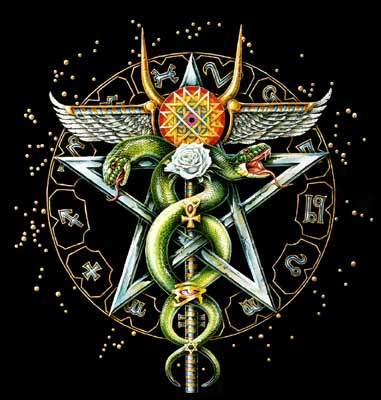 When we’re paying attention, the synchronicities in our own everyday lives are strong, and point the way to greater awareness. Consider:
When we’re paying attention, the synchronicities in our own everyday lives are strong, and point the way to greater awareness. Consider: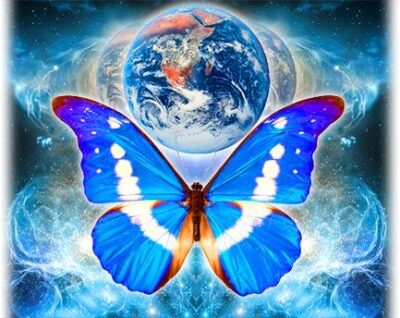 Did you know “listen” and “silent” are anagrams? Living the both/and rather than the either/or expands our perception of possibility.
Did you know “listen” and “silent” are anagrams? Living the both/and rather than the either/or expands our perception of possibility.